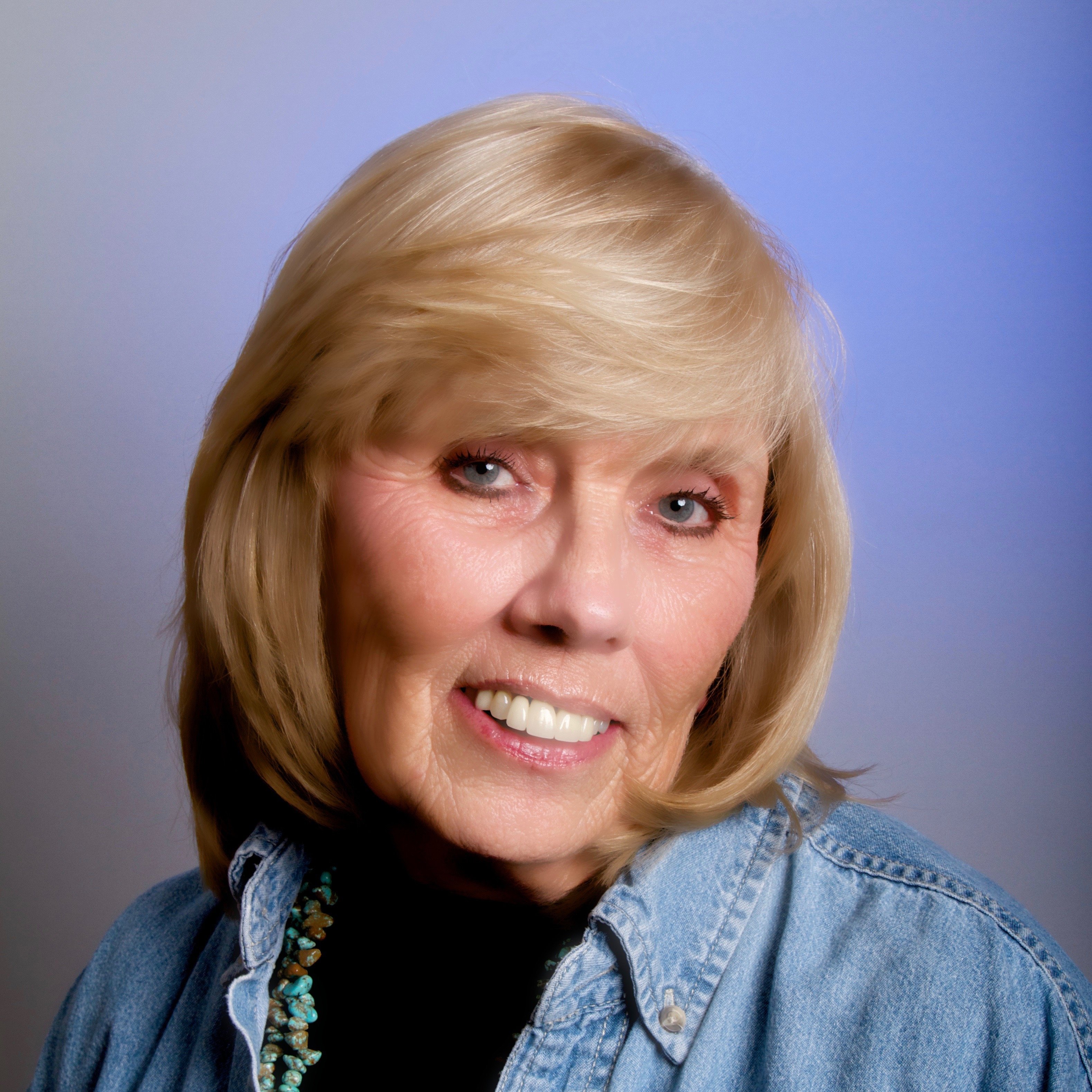How the City is Revitalizing South Dallas' Medical, Food Deserts
South Dallas is part of one of the most dynamic cities in America, but elements of its lifestyle are still worlds apart. While revitalization efforts in recent years have produced the trendy Cedars neighborhood and its chic artisan shops as well as hot nightspots, music venues, and restaurants in the South Side, the reality of South Dallas is much different beyond the fringes of the area.
That’s where Dallas Mayor Mike Rawlings and his pet initiative, Grow South, have implemented a 10-point plan that includes strengthening neighborhoods and schools and enhancing economic development, job growth, and new housing opportunities through a private investment fund. But growing the long-forgotten area will require more than a quick fix.
In the meantime, South Dallas residents still struggle with obtaining the basics that most metro Dallasites take for granted. For generations, the area has been a medical and food desert, and both work hand-in-glove in a vicious cycle. Poor nutrition caused by the lack of supermarkets with fresh fruits and vegetables has contributed to the highest rate of chronic illnesses in Dallas County. Yet treatment for those illnesses is as scarce in South Dallas as a head of lettuce.
But in the same community spirit that feeds Rawlings, others are nurturing the area’s immediate needs for quality medical care and healthy nutrition.
The Medical Desert

Grow South recently joined forces with The Real Estate Council on a Shark Tank-inspired event where prominent real estate investors listened to proposals about revitalizing a forgotten area of Dallas and responded by investing in the best projects.
Dr. Michelle Morgan, a dentist for 24 years, pitched her idea to revolutionize the medical desert problem in South Dallas. In 2016, she paid $200,000 for the 18,000-square-foot, two-story Forest Avenue Hospital on Martin Luther King Boulevard that had been boarded up since 1984. A mural on the building of the three founding black doctors dates back to 1965 when the facility opened and hospital privileges were still segregated.
Morgan asked the “sharks” to invest $500,000 so she could renovate the building and rename the facility Legacy of Hope Health and Wellness Center, which would house a broad range of medical specialties and minimize costly trips residents made to the ER at Parkland Hospital.
In addition to putting Morgan in contact with hospital officials, the sharks offered to bump up their investment to $700,000 if she would invest another $300,000, so she’d have $1 million for redevelopment.
“I grew up here and walked to school by myself,” Morgan told the sharks. “But 30 years later, it doesn’t look like where I grew up. It’s really easy to see where the disparities are. This facility will address the specific needs of the community.”
Morgan has already pre-leased half the space.
The Food Desert

According to the Dallas Morning News, leaders of Bonton Farms have spent years raising the $450,000 for its project, which will open later this year on several vacant home lots at the end of Bexar Street in South Dallas. The City of Dallas agreed to give Bonton Farms $100,000 to help complete its funding.
In addition to a 2,500-square-foot market with fresh homegrown fruits and veggies, the project will include the Bonton Farms Cafe that will serve breakfast and fresh farm-to-table meals. At the recent groundbreaking, AT&T donated $100,000 toward equipping the cafe.
Since the closest supermarket to the neighborhood is a three-hour bus ride away, Bonton Farms executive director Daron Babcock believes that similar neighborhood markets are the solution to the South Dallas food desert problem.
"The reason we have these problems is because of poverty, and poverty creates challenges with transportation," Babcock told the News. “You know how many grocery stores you'd have to build in South Dallas to get to all the neighborhoods? You'd have to build dozens of them, and you can't do it.”
Despite the area-wide demand for fresh, reasonably priced food, supermarkets are not lining up to build in South Dallas. The Dallas Morning News story points out that a couple of years ago, the City of Dallas offered a $3 million economic incentive to major supermarkets that opened in South Dallas, and it had zero takers.
Consequently, residents continue to survive on a steady diet of fast food and prepared frozen meals from nearby convenience stores.
The opening of the Bonton Farms market will be the first time in decades that fresh produce has been sold in the neighborhood. It will accept food stamps and offer cooking and nutrition classes to teach customers how to prepare tasty, healthy meals.

